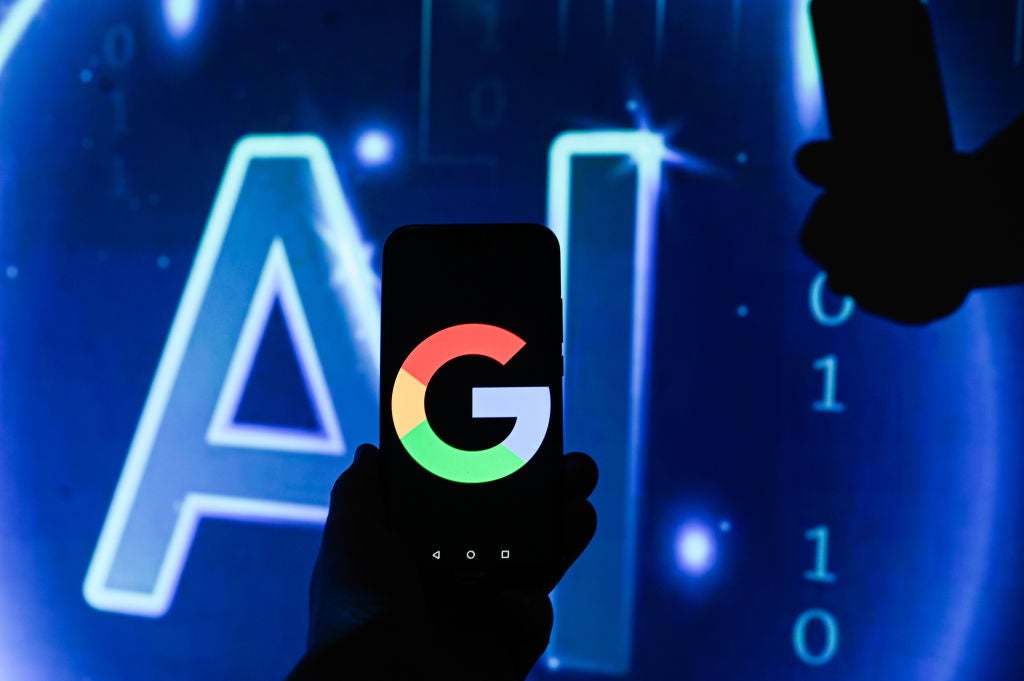
Google is facing a lawsuit over accusations that the processors it uses to power its AI technology infringe on a computer scientist’s patents.
Singular Computing, founded by computer scientist Joseph Bates, alleges that Google copied his technology and used it to bolster AI features such within Gmail, Google Translate and other services.
According to a Google court filing, Singular has requested up to $7bn in damages. If won, it would be the biggest ever patent infringement payout in US history.
Google spokesperson Jose Castaneda said Google had been developing the processors for its AI technology “independently over many years”.
Castaneda said Google was looking forward to “setting the record straight in court”.
Singular filed a complaint against Google in 2019 alleging that Bates had provided his computer-processing technology with the company between 2010 and 2014.
How well do you really know your competitors?
Access the most comprehensive Company Profiles on the market, powered by GlobalData. Save hours of research. Gain competitive edge.

Thank you!
Your download email will arrive shortly
Not ready to buy yet? Download a free sample
We are confident about the unique quality of our Company Profiles. However, we want you to make the most beneficial decision for your business, so we offer a free sample that you can download by submitting the below form
By GlobalDataThe lawsuit alleges that Google’s Tensor Processing Units, which work to enhance AI capabilities of the company’s products, copied two patents and copies the technology belonging to Bates.
Singular alleges that Google uses an improved version of a processing technology that Bates discovered.
The search engine giant launched its processing units in 2016 in order to power its speech recognition, content generation and other functions.
Singular claims that the 2017 and 2018 versions of Google’s processing units violate its patent rights.
“Google engineers had mixed feelings about the technology and the company ultimately rejected it, explicitly telling Dr. Bates that his idea was not right for the type of applications Google was developing,” Google said in a court filing.
The trial follows Google reaching a preliminary settlement over a long-running privacy class action lawsuit against the company.
The privacy class action lawsuit alleged that Google tracked user activity on its internet browsers despite using its incognito mode.
Lawyers for the plaintiffs allege that Google’s parent company Alphabet had access to an “unaccountable trove” of user activity data from incognito browsing that could potentially be embarrassing or sensitive.
The judge presiding over the case, US District Judge Yvonne Gonzalez Rogers, stated that if true Google would have broken legally binding promises made to its users in its privacy policy.







